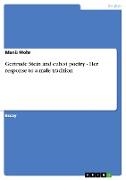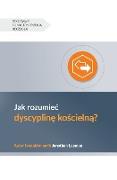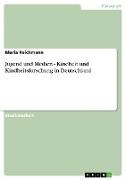Gertrude Stein and cubist poetry - Her response to a male tradition
BücherAngebote / Angebote:
Essay from the year 2011 in the subject English Language and Literature Studies - Literature, grade: 1, 5, University of Stuttgart, language: English, abstract: You will write if you will write without thinking of the result in terms of a result, but think of the writing in terms of discovery, which is to say that creation must take place between the pen and the paper, not before in a thought or afterwards in a recasting... It will come if it is there and if you will let it come. (Gertrude Stein)
Gertrude Stein has been an extraordinary person in many respects: it is not only her biographical background that is impressing and which shows what a strong and self-confident woman she was, such as her foundation of the American Fund for French Wounded during the First World War. Also by her work Tender Buttons, written in 1914, she has successfully created an entirely new kind of literature. Yet her playful, but at the same time not immediately understandable way of writing is considered as hermetic, being pretty difficult to read. This is why Sprigge writes that "[b]oth as artist and as woman Gertrude Stein has always been a subject of controversy. Ridiculed on the one hand she is acclaimed on the other as the creator of a literary style that has set its mark in twentiethcentury prose and poetry..." (xiii).
This style has largely been influenced by cubist painting and her friendship with Pablo Picasso. Tender Buttons is thus of course an homage to him, and there are many similarities between cubism and Stein's writing. However, it is the aim of this essay to point out both in what way the art movement contributed to her work, and how she is at the same time able to overcome this male tradition by stepping away and changing it.
Folgt in ca. 10 Arbeitstagen




